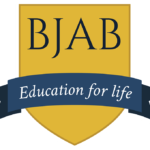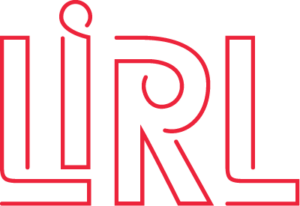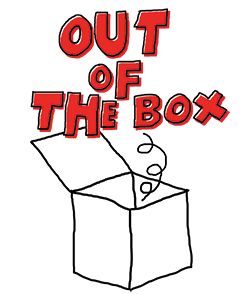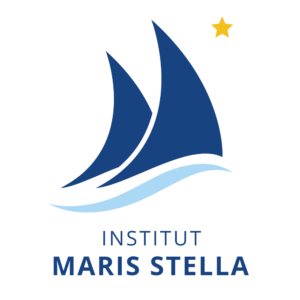The Belgian Education System
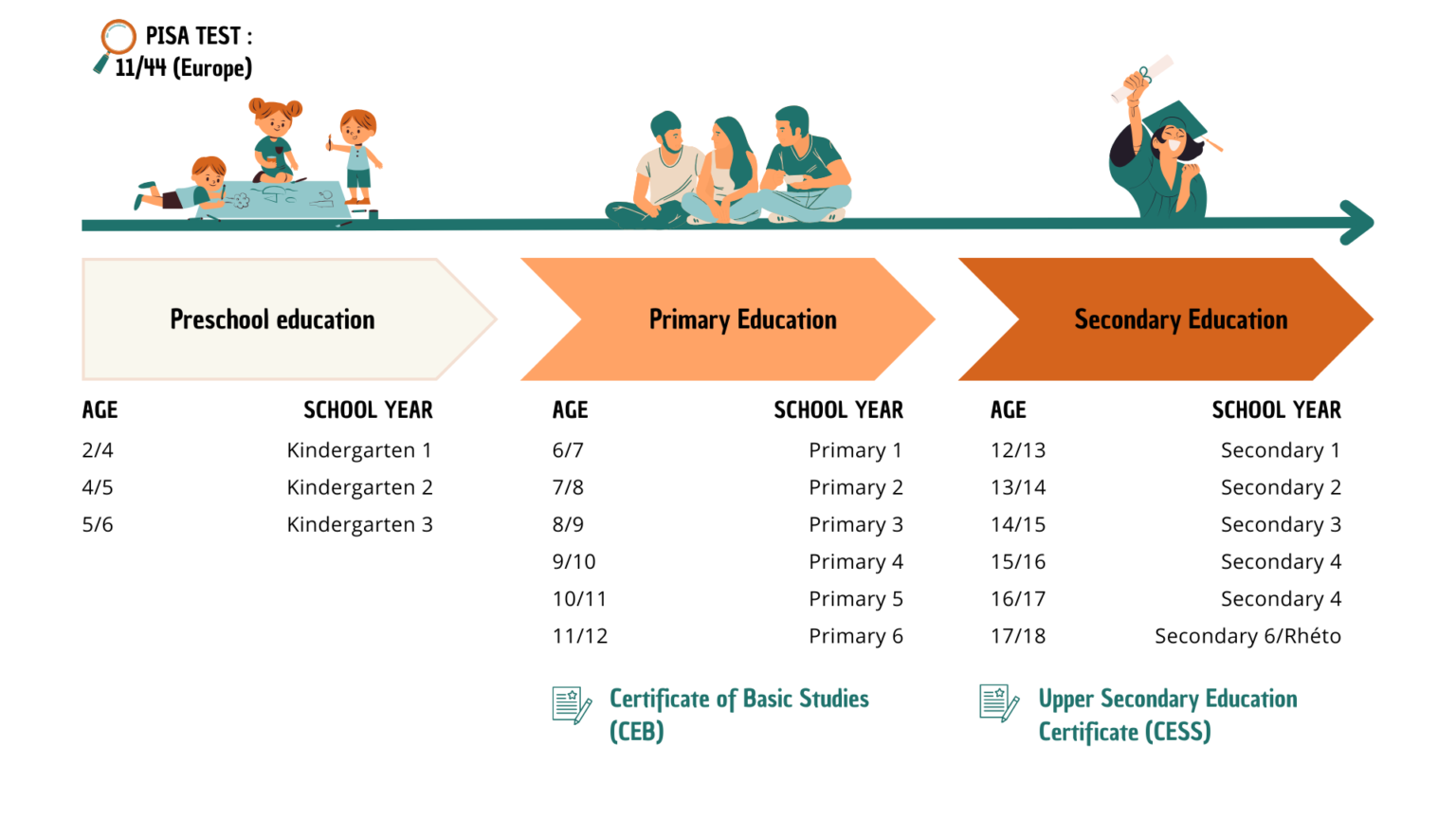
Key facts
In Belgium, there are 3 main education systems. Each education system corresponds to a specific linguistic community in Belgium (French-speaking, Flemish-speaking and German-speaking), and each has its own institutions, curricula, teaching methods and assessment systems.
The presented information above concern the French-speaking Belgium education system because we only visited schools in Brussels. Indeed, this system is managed by the Wallonia-Brussels Federation.
In Belgium, students are evaluated with continuous testing, the frequency depending on the teachers and the school. However, on the contrary to the French education system, there is two big test sessions organized two times a year, in December and in June. The revision periods of these exams are known as “blockades” (“blocus” in french).
There are two national exams at the end of each cycle, which are required to move on to the next cycle:
- The CEB (Certificate d’Etudes de Base/Certificate of basics studies) to complete primary school and access secondary school.
- The CESS (Certificat d’Enseignement Secondaire Supérieur/Certificate of Upper Secondary Education) to complete secondary school and access higher education.
The notation system is a 0 to 20 points scales, 10 being the average.
Our trip in Belgium
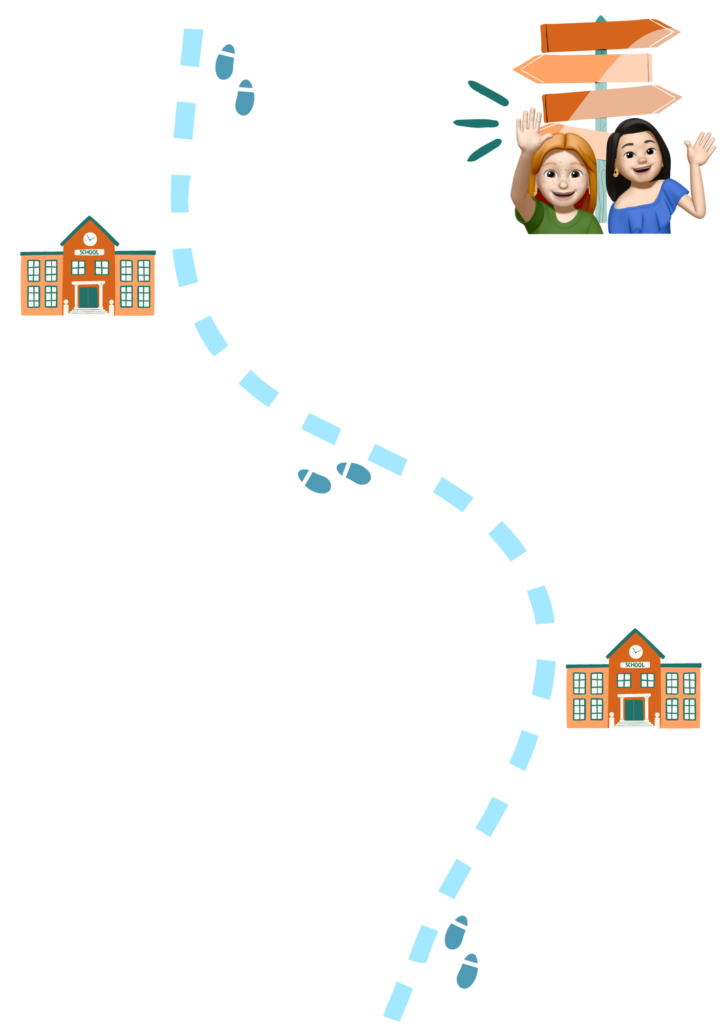
The Lycée Intégral Roger Lallemand is a high school with a pedagogical approach that reconciles intellectual and manual work (“integral education”), and the empowerment of students who participate in the co-management of the school.
Out of the box is a private program for school dropouts aged 15 to 20, which adopts a creative and alternative pedagogical approach to reconcile students with education.
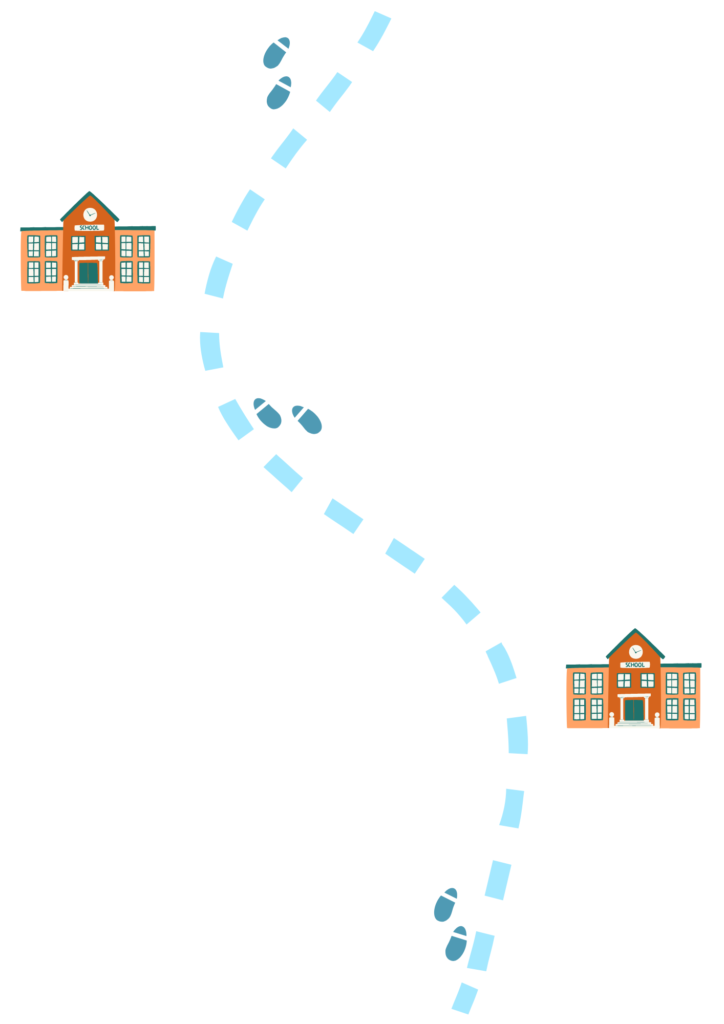
From manneken pis to belgian fries...
Because sometimes pictures convey more than words can express...
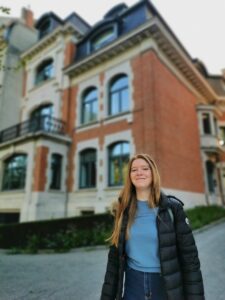
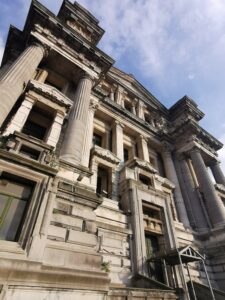

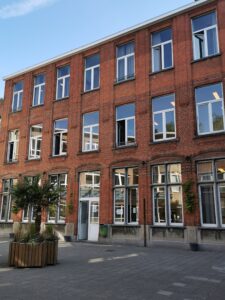

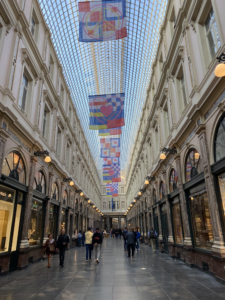

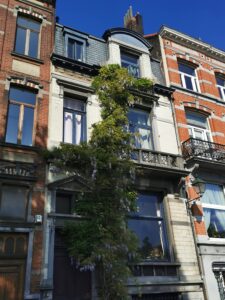
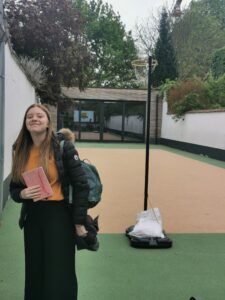

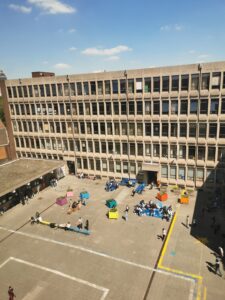

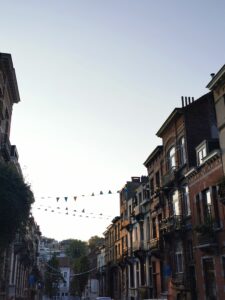
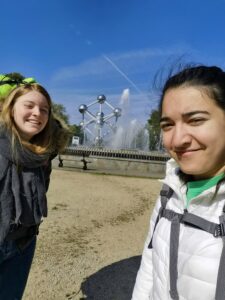
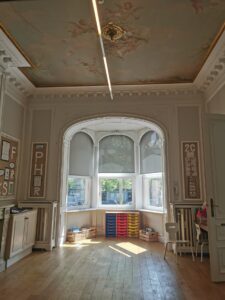
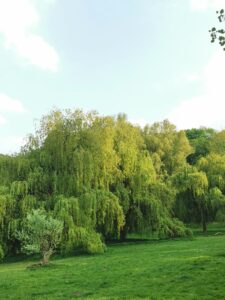


This country is amazing !
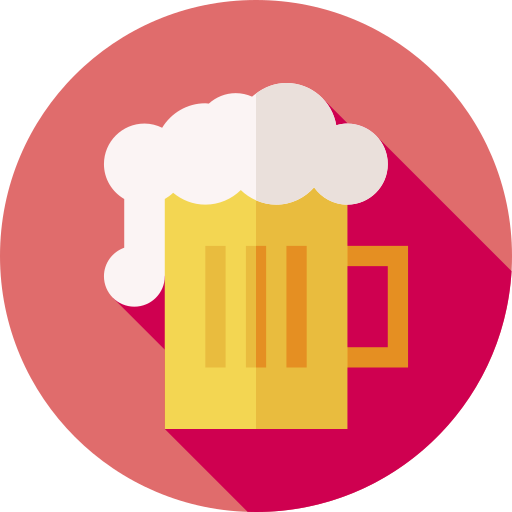
Beer
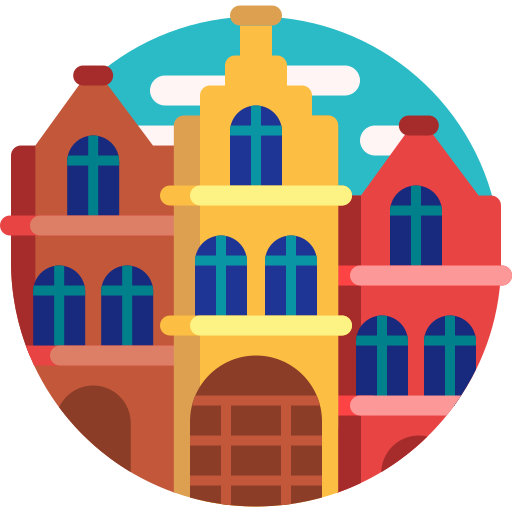
The Grand-Place

Fries
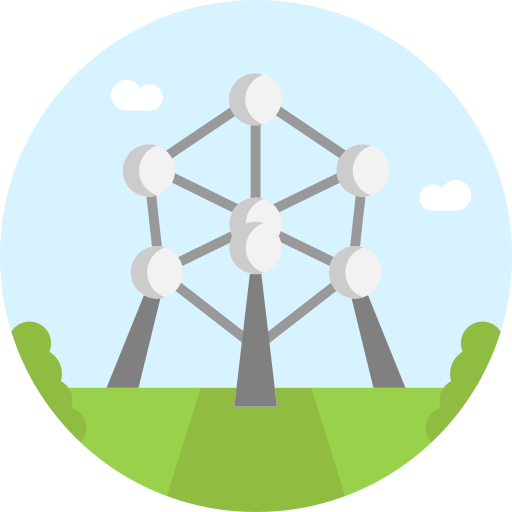
The Atonmium
Everyone could be a teacher : you need to be organized, to find your passion and to enjoy it. It is not an easy job, it takes a lot of time. You have to find the right subject and age.
Victoria Cowx
Beputy head and teacher at BJAB
If you want to learn more about education in Belgium...

Out of the box
![]()
A Belgian educational workshop for school drop-outs that stimulates pupils' creativity to rekindle their desire to learn !
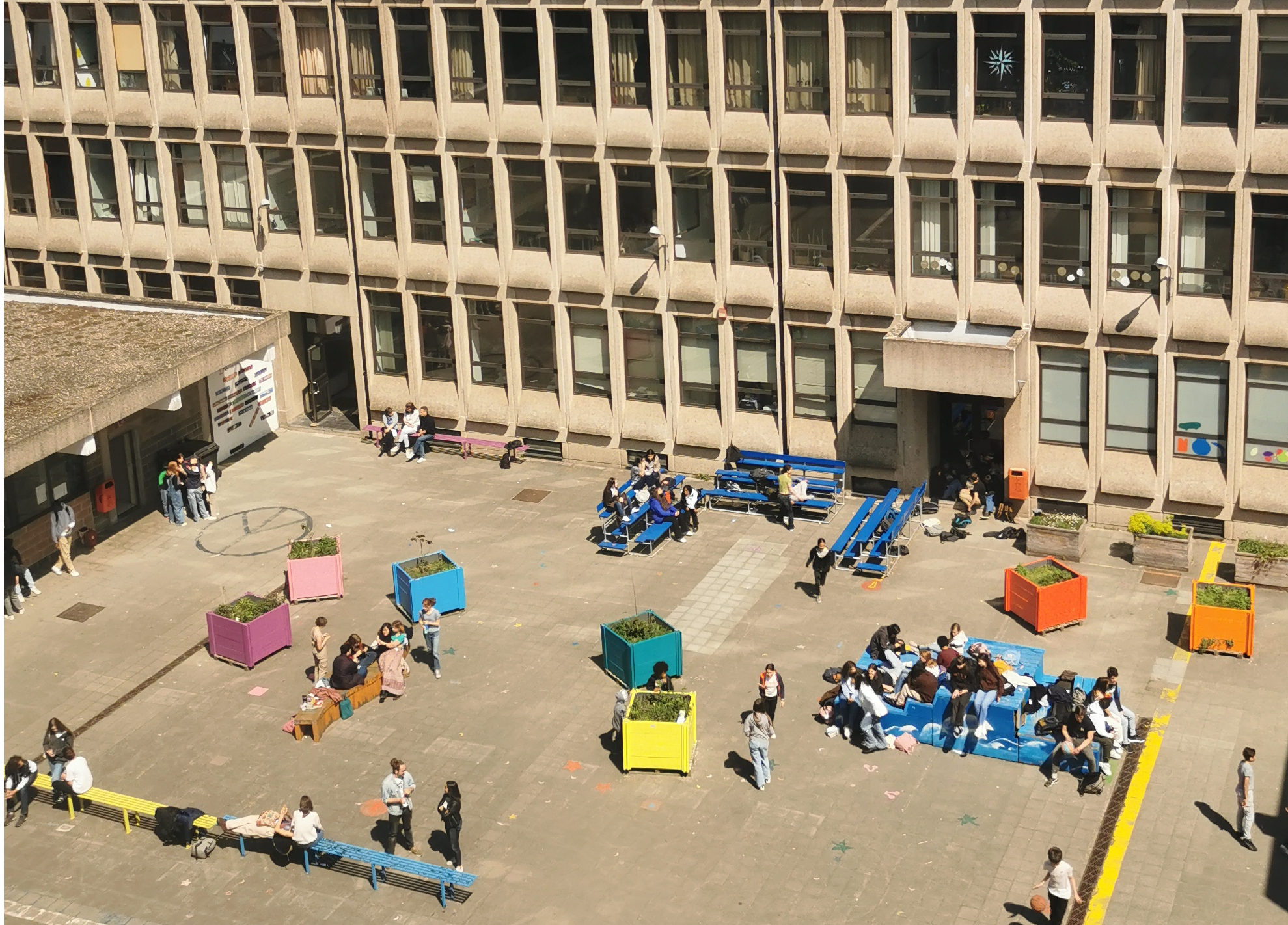
Lycée Intégral Roger Lallemand
![]()
A new Belgian communal school which reinvent school with a contemporary and emancipatory pedagogy.

